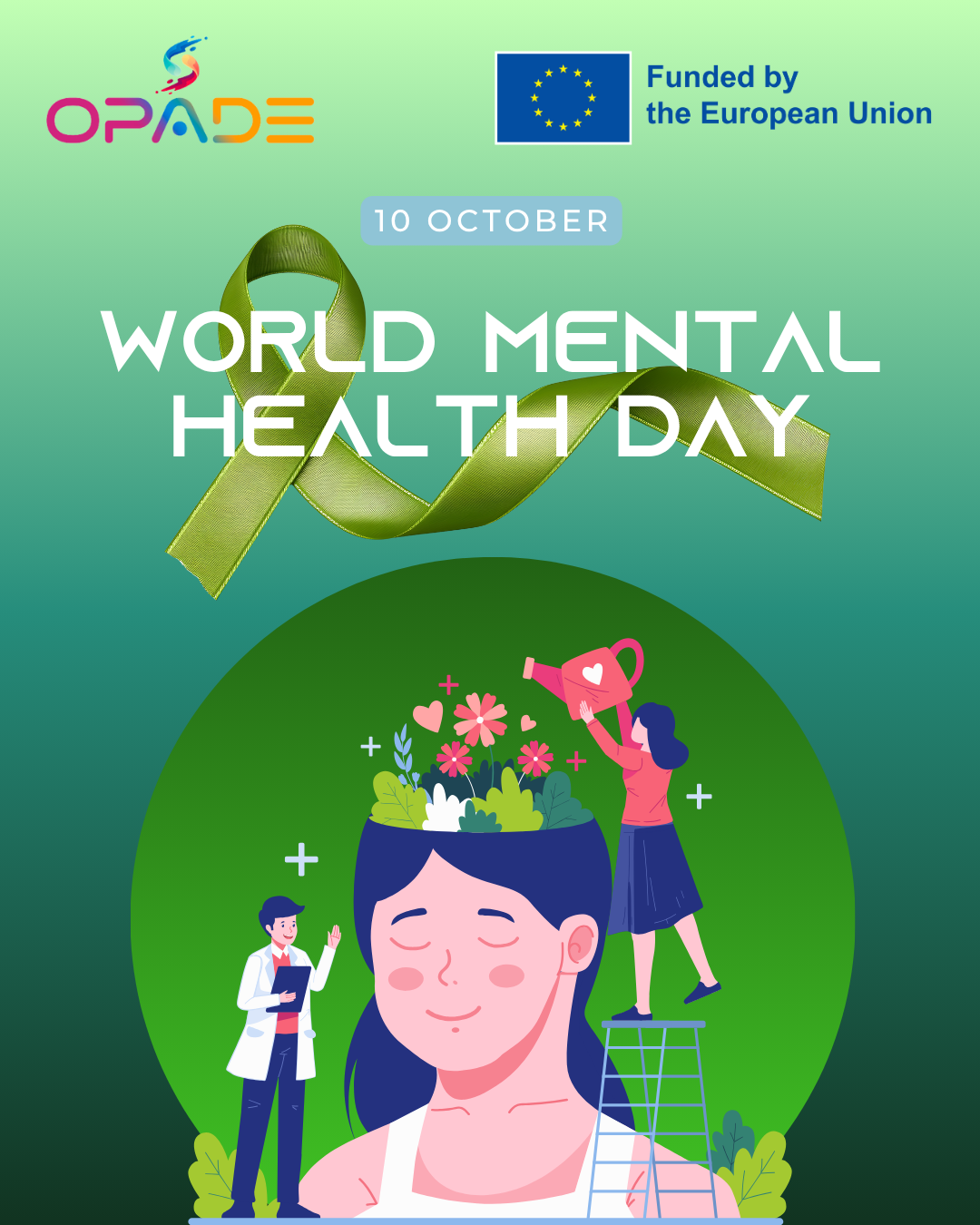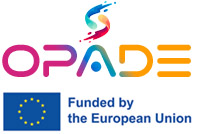World Mental Health Day: OPADE promotes precision medicine to transform the treatment of depression.
October 09, 2025.![]()
This 10 October, on World Mental Health Day, the European OPADE project reaffirms its commitment to more effective, personalised and equitable mental health care. Major depressive disorders (MDD) affect more than 280 million people worldwide and are the most prevalent mental health condition. It is estimated that by 2030, depression will be the leading cause of global disability, measured in years of life adjusted for disease burden.
The current challenge: treatments that do not work for the majority
Despite the wide range of antidepressants available, the remission rate remains alarmingly low: only 6% of patients achieve full recovery. The main obstacles include:
- Low therapeutic efficacy: Only 40% of patients respond positively to antidepressants.
- Trial and error approach: Treatments require weeks of waiting to assess their effectiveness, which can aggravate symptoms.
- Lack of personalisation: More than 70% of adults may worsen with treatments that are not tailored to their biological profile.
OPADE’s proposal: personalised medicine based on biomarkers
OPADE seeks to transform this landscape through a precision medicine approach. Our goal is to identify key biomarkers that can predict the efficacy of antidepressants from the first week of treatment, doubling the current remission rate from 6% to 12%.
Comprehensive research: the gut-brain axis as a biological key
The project focuses on the study of the gut-brain axis, recognised as a key player in mood disorders. Through prospective clinical studies in adults and adolescents, we analyse multi-omic data: genetics, epigenetics, microbiome, immune and metabolomic profiles, from blood, stool and saliva samples.
The study includes 350 patients aged between 14 and 50, recruited in Italy, Colombia, Spain and Turkey, with follow-up over 18 months in several clinical visits.
Digital tools for prediction, monitoring and empowerment
The data collected feeds into the development of three key digital solutions:
- Predictive tool (AI/ML): Based on artificial intelligence, it will enable healthcare professionals to anticipate the response to antidepressants from the first week.
- Objective monitoring (EEG): A portable electroencephalography device allows the progress of treatment to be assessed using real-time brain indicators.
- Patient empowerment: A digital tool collects medical histories via chatbot and facilitates virtual support groups moderated by professionals, demonstrating benefits in reducing anxiety and depression.
Social impact: equity, adolescence, and reduction of suffering
- Less suffering, more precision: OPADE seeks to shorten waiting times and avoid ineffective treatments.
- Adolescent care: 50% of MDD cases begin before the age of 18. Our study includes adolescents aged 14 to 17, a historically underserved group.
- Gender perspective: Depression affects 1.6 women for every man. Our clinical design incorporates this dimension to ensure equity in research.
On this World Mental Health Day, we reaffirm that science, technology, and empathy can converge to offer real solutions. OPADE works to ensure that every patient receives the treatment they need, at the right time, with tools that respect their biology, history, and dignity.




